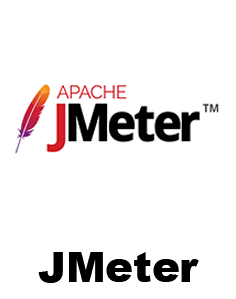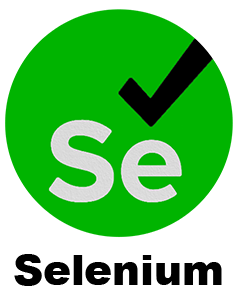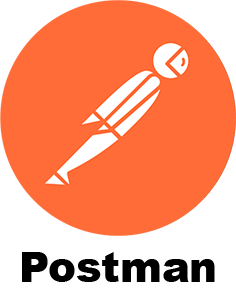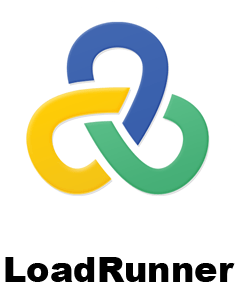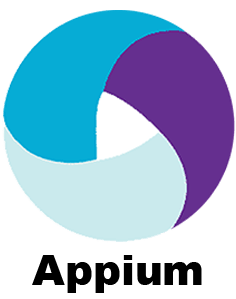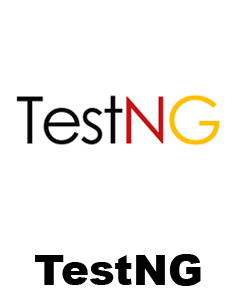1. What is Automation Testing?
Ans:
Automation testing is the technique of using software tools and scripts to automatically execute test cases on software applications. Its primary objectives are to enhance test coverage, accelerate testing cycles, and reduce manual effort. This approach enables repetitive testing to verify the application’s functionality, performance, and reliability consistently.
2. What are the advantages of Automation Testing?
Ans:
Automation testing offers a number of advantages. These include the potential to reuse test scripts, increase test coverage, expedite test case execution, and improve accuracy by lowering human error. Additionally, it facilitates continuous integration and delivery which are critical in agile development settings and permits frequent regression testing.
3. What distinguishes manual testing from automation testing?
Ans:
Manual Testing involves testers running test cases without tools and relying on human effort to check software functionality. This approach is sluggish and error-prone. In contrast, Automation Testing uses scripts and tools to execute tests automatically. This approach is faster, more consistent, and better suited for repetitive or large-scale testing.
4. Which kinds of frameworks are used for automation testing?
Ans:
Common types of Automation Testing frameworks include the Linear Scripting Framework, Modular Testing Framework, Data-Driven Framework, Keyword-Driven Framework, and Hybrid Framework. Each type has its own design and purpose, based on the project's complexity and how reusable and maintainable the test scripts are.
5. Which tools have you used for Automation Testing?
Ans:
Widely used automation tools include Selenium for web-based testing, JUnit and TestNG for unit testing, Apache JMeter for load and performance testing, Appium for mobile application testing, and Cucumber for behavior-driven development (BDD). The tool selection depends on the application type, scripting language, and testing requirements.
6. How do you select test cases for automation?
Ans:
Good candidates for automation are test cases that are repetitive, high-risk, time-consuming, or frequently executed. Tests that are stable, have clear expected results, and are crucial for application functionality take priority. This includes regression tests, smoke tests, and integration tests.
7. What is a Source List in SAP MM?
Ans:
In SAP MM (Materials Management), a Source List is a master data record that identifies approved vendors or sources of supply for a material over a set period. It helps manage the procurement process by indicating preferred vendors for purchasing and can automate source determination in purchase requisitions.
8. What are common challenges faced in Automation Testing?
Ans:
Frequent challenges include flaky tests caused by dynamic UI elements, difficulty maintaining scripts due to UI changes, high initial investment, and lack of adequate test data. Choosing inappropriate tools, insufficient skilled personnel, and weak test strategies also contribute to automation failures.
9. How do you handle exceptions in your scripts?
Ans:
Exception handling in test scripts is done using try-catch blocks, custom error handlers and logging mechanisms to capture errors during test execution. Tools and frameworks typically offer built-in methods for managing timeouts, and unexpected behaviors. This ensures that tests either continue or fail gracefully.
10. What is Selenium, and how is it applied in Automation Testing?
Ans:
Selenium is an open-source tool designed for automating web application testing across different browsers and platforms. It supports languages like Java, Python, and C#. Often used alongside frameworks like JUnit or TestNG, Selenium enables integration with CI/CD pipelines, validating web functionalities and simulating user interactions.






